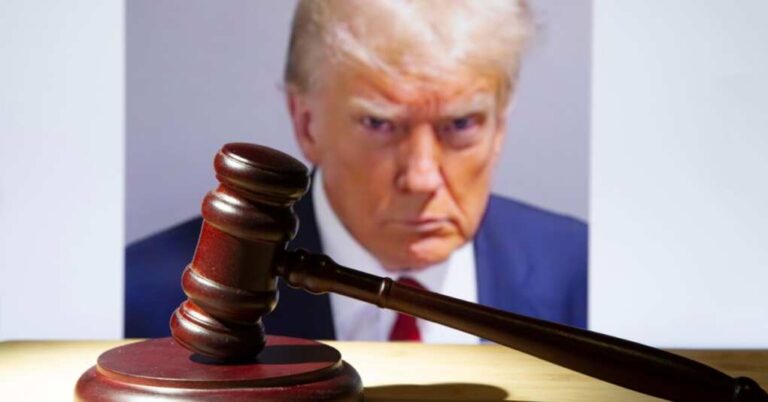
Not a single FBI agent involved in the Mar-a-Lago raid dared to submit an affidavit or even make an argument, Trump’s attorneys pointed out. That should tell you all you need to know about the so-called evidence backing up special counsel Jack Smith’s gag order request in Trump’s classified documents case.
Former President Trump’s legal team isn’t taking this lying down. They’ve asked U.S. District Judge Aileen Cannon to reject the prosecutors’ claims, calling the gag order request a “shocking display of overreach” and “unconstitutional.” In their June 14 court filing, Trump’s attorneys argued that there’s zero evidence of threats or harassment resulting from Trump’s comments.
Let’s be clear: no FBI agent has claimed that Trump’s remarks put them at risk. Not one.
Trump’s lawyers argued that this gag order request is riddled with “ambiguities” and lacks “enforcement criteria.” More importantly, it has a “chilling effect” on free speech. This is not just a legal battle; it’s about protecting Trump’s right to speak freely, especially regarding core political speech. This echoes a similar fight in New York, where a gag order in Trump’s criminal trial was contested for infringing his First Amendment rights.
Prosecutors claim that Trump’s statements about FBI agents being armed during the August 2022 search of Mar-a-Lago would lead to threats and harassment against law enforcement. But come on, this is just a scare tactic. The FBI told The Epoch Times that their agents followed standard protocol during the search—no special orders, no departure from the norm—just business as usual.
Trump, however, has been vocal on social media and his campaign website, claiming that court filings showed FBI agents were ready for resistance from the Secret Service. Those documents included an FBI statement about the use of deadly force, adhering to the policy that it’s only used when there’s an imminent threat of death or severe injury.
Judge Cannon had already denied a similar gag order request in May. But federal prosecutors came back just days later with another request, arguing that Trump’s comments could influence potential jurors. They warned that his “deceptive and inflammatory claims” could put law enforcement professionals at risk, inviting threats and harassment, a common consequence when Trump targets individuals involved in legal proceedings against him.
In their May 31 court papers, Jay Bratt and David Harbach, working under Smith, listed a series of Trump’s posts and fundraising emails. They claimed these contained false and inflammatory allegations, including statements that federal officials were “authorized to shoot” him or were “locked & loaded.”
Interestingly, prosecutors did not push for an expedited ruling on their request. Judge Cannon has scheduled a June 24 hearing on the gag order, but there’s no set timeline for her decision.
Trump faces 40 federal counts related to the illegal retention of classified documents after leaving the White House in early 2021 and allegedly obstructing attempts to retrieve them. He has pleaded not guilty, maintaining that the charges are politically motivated to derail his 2024 presidential campaign.
Judge Cannon has postponed the trial indefinitely, with no indication of a new date. This delay only adds to the drama, keeping the spotlight on the legal maneuvers and political implications surrounding Trump’s case.
This whole ordeal reeks of political maneuvering. The gag order is just another attempt to silence Trump and sway public opinion against him. It’s about time we see through these tactics and recognize them for what they are—a desperate bid to stifle free speech and derail Trump’s bid for the White House.
As this saga continues, one thing is clear: Trump isn’t backing down. His legal team fights tooth and nail to protect his rights and expose the prosecutors’ overreach. And honestly, who can blame them? This is a fight for the principles underpinning our democracy—free speech and the rule of law. So buckle up, folks. This is far from over.
